“It’s more about the visual literacy as opposed to authentic language”: Joshua Cassar Gaspar on The Theft of the Caravaggio at Mediterrane Film Festival 2025
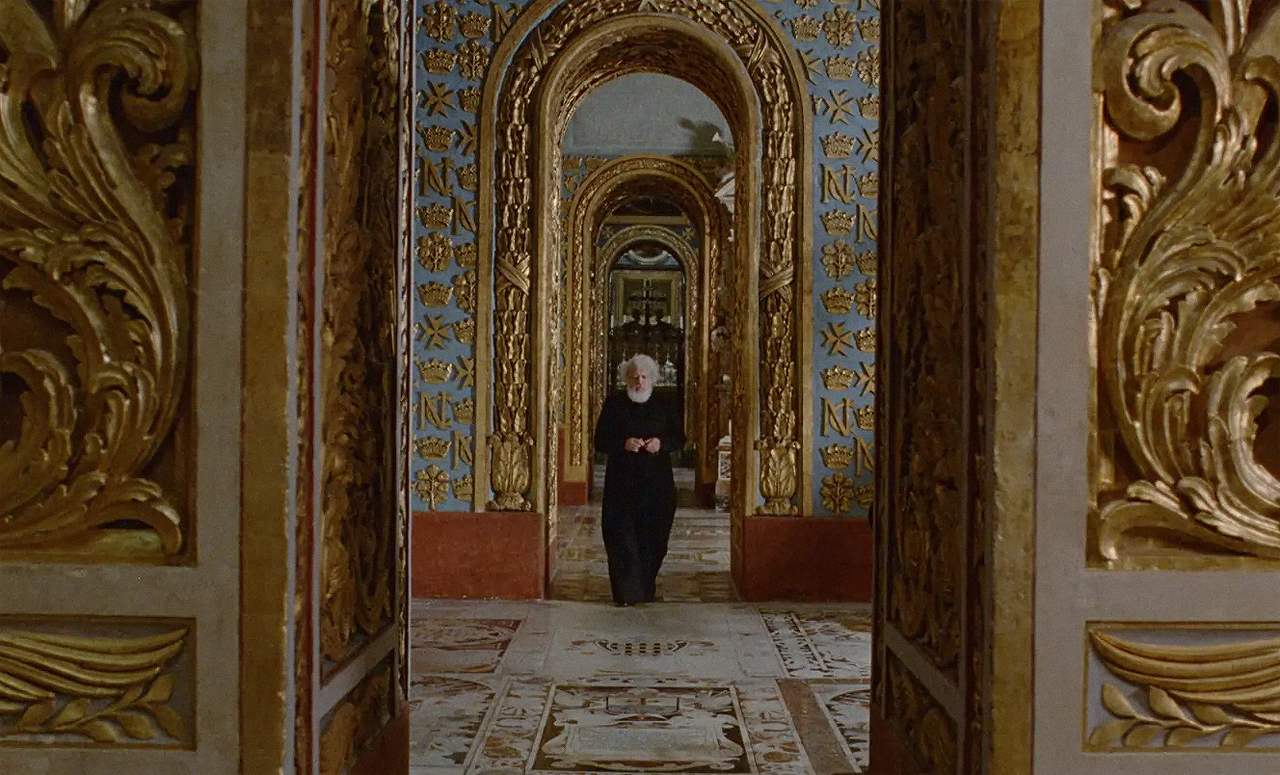
Ambitious and poignant, The Theft of the Caravaggio is a promising debut by Joshua Cassar Gaspar. Premiering at the Mediterrane Film Festival, this striking and fictionalised recount of the infamous 1984 heist explores more than thievery and the beauty of the Italian artist Caravaggio’s art. It’s a fascinating psychological autopsy of human desperation and the divide between a person’s calling and family. The picture follows Orpheus, a priest who aids in the investigation of the theft, whilst dealing with personal struggles of his own: from an ill sister abroad to the corruption surrounding his church. As the story progresses, and he forms a bond with Leone, one-half of the police duo who has taken charge of the case, secrets are revealed, and the truth about who and what Oprheus is comes to light. The Theft of the Caravaggio features an oscillating narrative that amplifies the tension of its multiple twists and turns.
During a Q&A with the writer and director, right after its premiere at the Embassy Cinema, Gaspar noted the early inspirations for The Theft of the Caravaggio. Elektra Anastasi, the actor who plays Leone, is his wife. The event that took place in St John’s Co-Cathedral is an all-too-familiar tale told by her grandfather, who was once part of the Italian Embassy when the real theft occurred. Gaspar remembers celebrating Christmases in Rome and hearing amazing stories of what happened from the man himself. “But then we decided to take it down a real fictional route and play with the characters, play with the timeline and play with the narrative.” He highlighted the support of the Catholic church for allowing them to shoot at the location, attributing it to the possibility that it would pique people’s interest regarding the historical case. “I think they want people to understand these interesting stories. Many people don’t know that there are two Caravaggios in Malta. For them, it was more like exposure.”
The limited budget enabled Gaspar to experiment with the visuals. Shot using 35mm, they didn’t have enough money to light the project on film. Instead, they manipulated the aesthetics to give it a 1980s feel. This also extended to the editing. “Naturally, because of the budget, the drama is a bit slower,” he says. To remedy that, executive producer Angus Finney brought in an editor from Los Angeles to provide a punchier edit for the piece, using cross-fade transitions as a signature flourish. This allowed the graphics to remain authentic to the 1980s era of cinematic pictures. Another important choice was to make the feature in English. While Gaspar had experience creating short films in Maltese, marvelling in the ability to produce media true to his roots, the advice many had given him was to take advantage of his bilingualism in Malta. “It’s all about visual literacy; it’s about connecting to your audience. Language is important – sure – but it’s more about the visual literacy as opposed to authentic language.”
They shot for 22 days in Malta, with a lot of ups and downs. The use of film proved to be a challenge, especially with the risk of running out and the constant rehearsal process the actors had to undergo. Its success heavily relied on preparation and testing to get the camera movement right. “We wanted – as a debut, and also for myself as a director and cinematographer – to shoot on film,” he says. Gaspar explains the initial idea to shoot on 16mm, until Kodak came in and provided them stock for 35mm. For him, it was one of the highlights of the production process, despite the pressure of getting it done right. Fortunately, his efforts paid dividends, as evident by the stunning visuals of his promising debut. Bright as the future may look for Gaspar, what’s next for him remains a mystery – one as elusive as that of The Theft of the Caravaggio. All he knows are the lessons he learned throughout the production process of this piece. “I guess every filmmaker has several scripts they’re working on. Definitely, after this, there are lessons you can learn – kind of like how to write and what not to write.”
Mae Trumata
The Theft of the Caravaggio does not have a release date yet.
Watch the trailer for The Theft of the Caravaggio here:


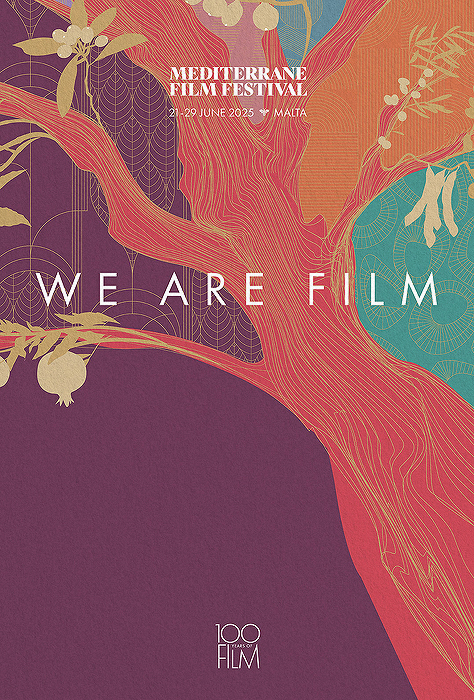
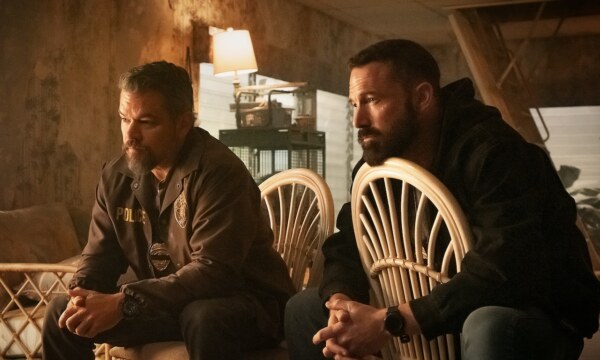
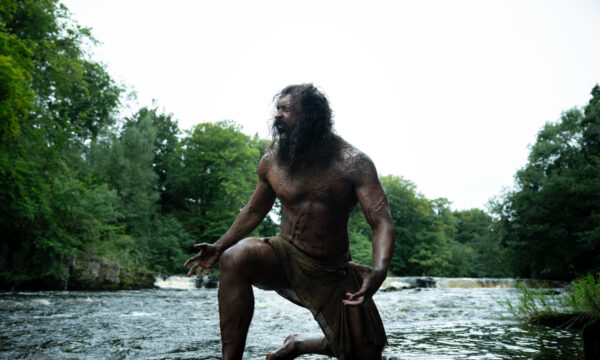
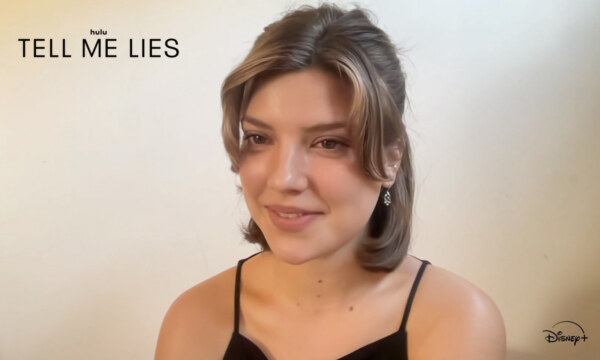
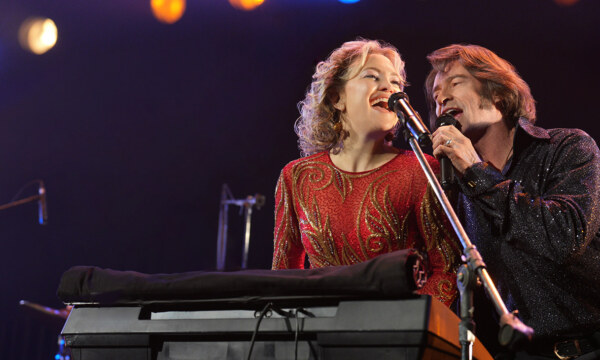
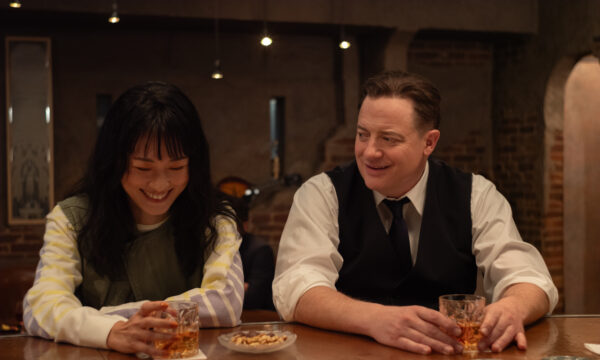
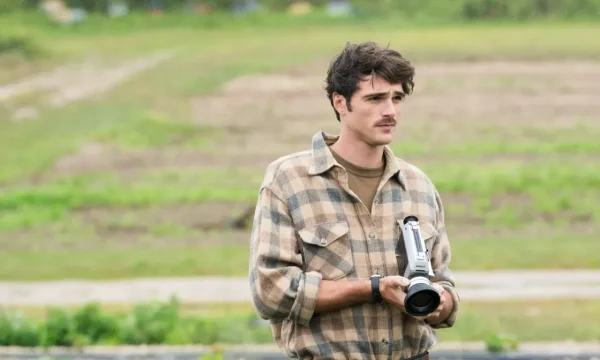
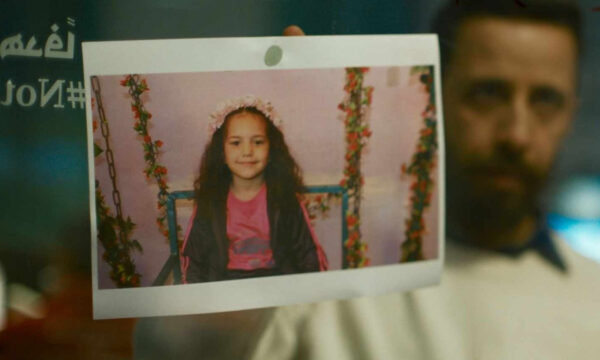






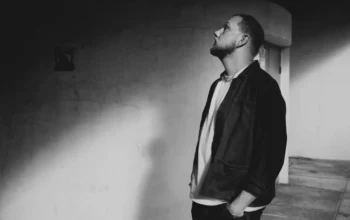









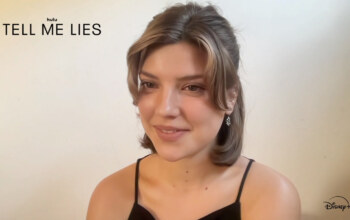
Facebook
Twitter
Instagram
YouTube
RSS